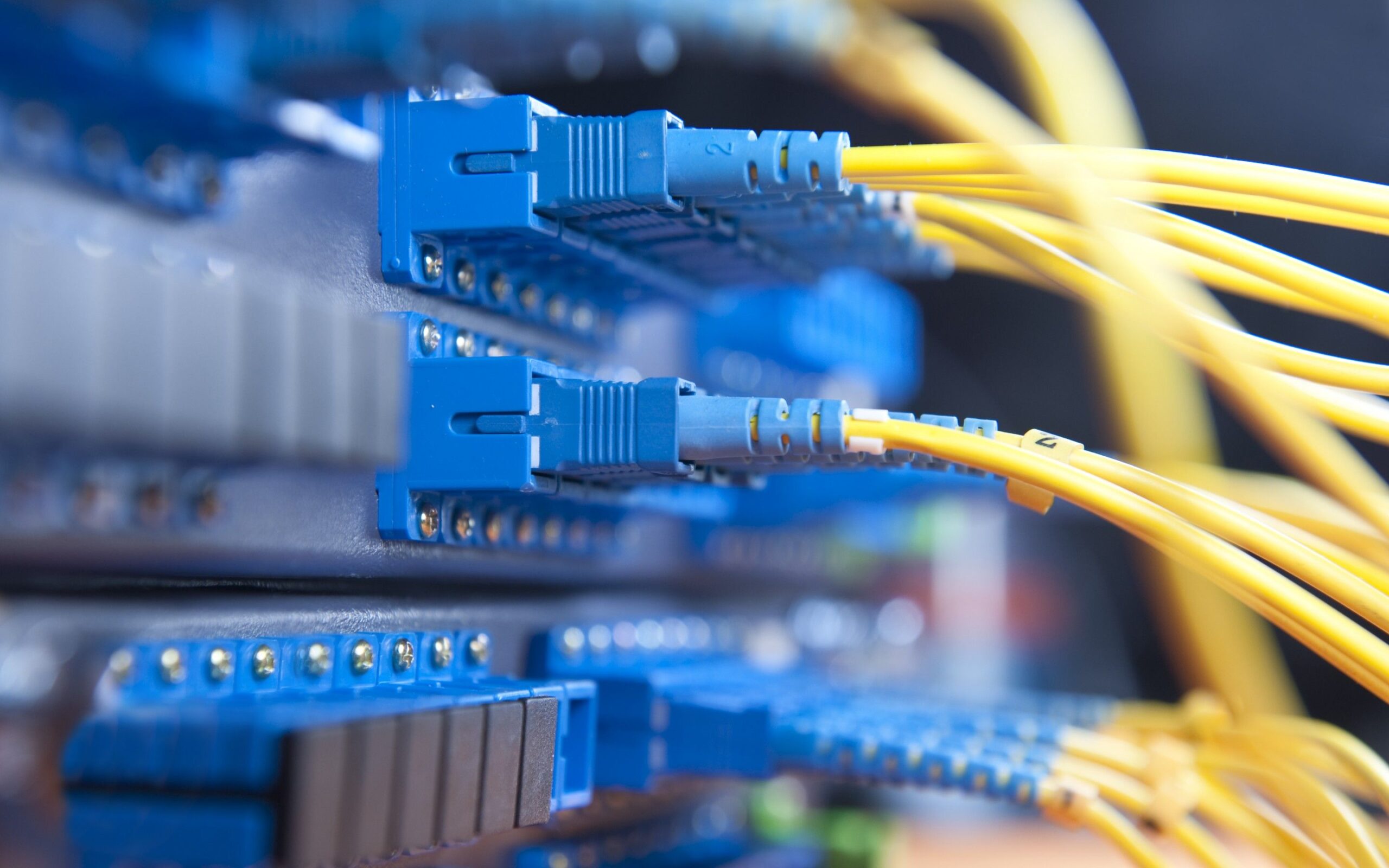Dedicated Server Hosting is a type of hosting that provides you with a fully-functional, independently-operated server that you can use to create your own private web space. It offers you the flexibility to use any software you want, along with the resources to run any applications you might need. Because it provides you with a dedicated server, it also offers you the security and stability of a fully-managed service that can host only you and your clients.
If you’re looking for the flexibility to create the private web space of your dreams without the hassles of managing a virtual server, then Dedicated Server Hosting is the perfect choice for you.
Features
Dedicated Server Hosting comes with a long list of features that make it a perfect choice for anyone. For starters, you get a dedicated IP that you can use to connect to the server. This IP can be your own private domain, or you can use any shared IP that you wish.
If you decide to use your own private domain, then you can set up as many email accounts as you wish, as well as create as many different MySQL databases as you need to store your data in. You can install any type of software you want on the server, including WordPress, Joomla, Drupal or an e-commerce platform like Magento or Shopify.
If you decide to use a shared IP, then you’ll need to contact your hosting provider in advance to make sure that they allow custom domains on their shared IPs.
Apart from the custom domain and the ability to use a shared IP, the main features that make Dedicated Server Hosting so attractive are:
- Fully-managed service, so you don’t need to worry about patching security flaws or updating the operating system.
- A range of storage types that you can choose from, including SSDs (Solid State Drives) for maximum performance and reliability.
- All server-side software, including the database, is installed and configured for you, so you don’t need to worry about maintaining backups or applying patches to fix bugs or security flaws.
- 24/7 technical support via email or live chat via Hangouts, Viber, or Skype.
- Free migration assistance from hosting providers that you’ve been using previously.
- Free domain privacy protection so that your customers cannot see the domains that you’ve registered.
SSD Vs. HDD
Apart from the features mentioned above, the choice of the storage type that you’ll use determines how much flexibility you have in terms of software and applications that you can install on your server. With SSD (Solid State Drive) technology, all the files that you upload to the server will be stored in fast, reliable flash memory, which eliminates the need to save data to the hard drive.
This is a great advantage, as it allows you to save a huge amount of time when compared to hard drives. Once you’ve migrated to an SSD, you’ll see a substantial increase in the speed and reliability of your site along with a decrease in the amount of time that it takes to boot up and log in to the system. This is because SSDs can be accessed much faster than hard drives can. Even the login process itself will be extremely quick, since all the data that’s needed for the login is stored in the flash memory of the drive. This is in contrast to the traditional hard drive, which must first be powered up and then the operating system and applications must be accessed. This can take a significant amount of time, particularly if the hard drive is located far away from the server’s mounting point.
Another advantage of using SSDs is that you don’t need to worry about storing data backups on the server itself. Storing data in the cloud is also safe and secure, since your data is isolated from the operating system and is stored in a secure location. This is in contrast to the hard drive, which is connected to the operating system and can therefore be accessed by any person who has physical access to the computer or server. Storing data in the cloud also allows you to access it from any device that is connected to the internet, so if you need to work on the data remotely, then it’s much easier to do so using the cloud-based storage. You don’t need to worry about installing and configuring additional software to do so.
The Cost Of Dedicated Server Hosting
One of the major differences between traditional shared hosting and dedicated server hosting is the price. While shared hosting costs just a few dollars per month, a basic dedicated server hosting plan can cost you anywhere from $15 to $20 per month, plus additional cost for the storage type that you’ve chosen. You will also need to budget for additional costs such as domain privacy protection and SSL certificates to secure your site. The overall price for a basic dedicated server hosting plan can range from $20 to $40 per month, plus installation fees and one-time costs such as domain registration and purchasing SSL certificates.
If you’re looking for a low-cost alternative to shared hosting, then you can check out these great deals from top-rated hosting providers, which provide you with a fully-functional server that you can use to host your website or application.
